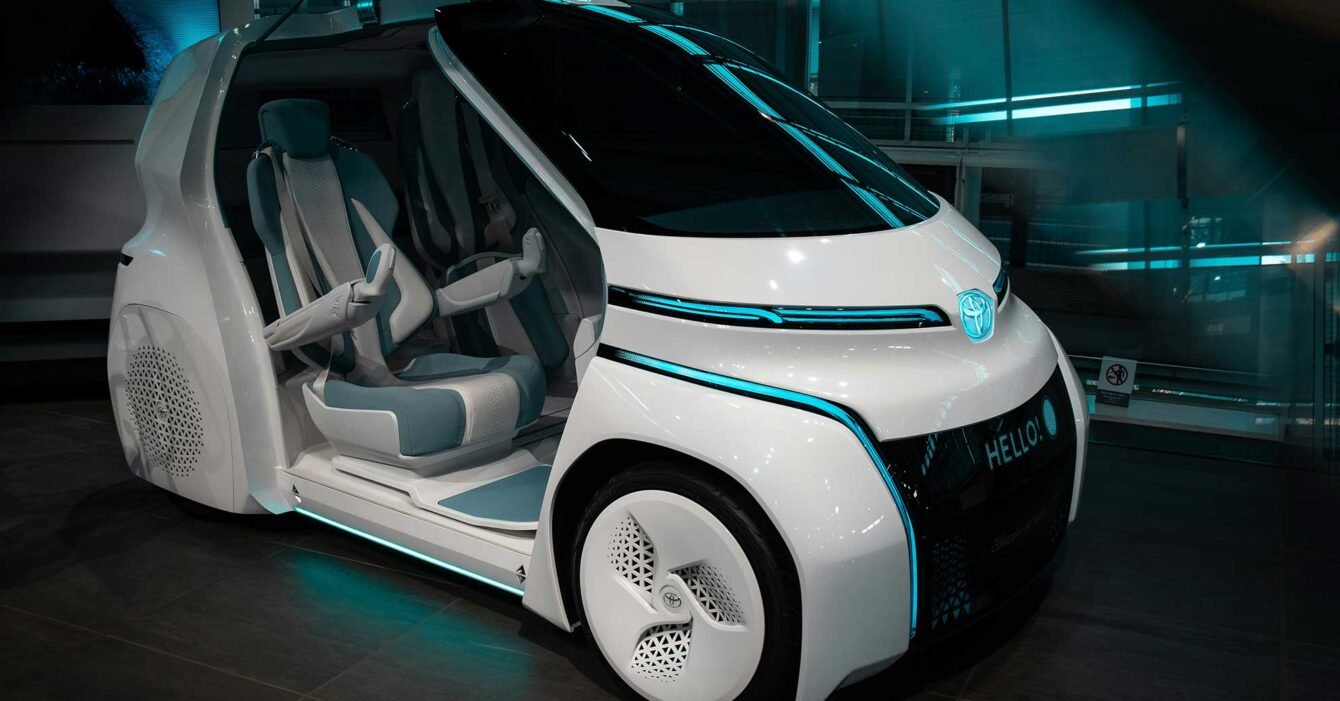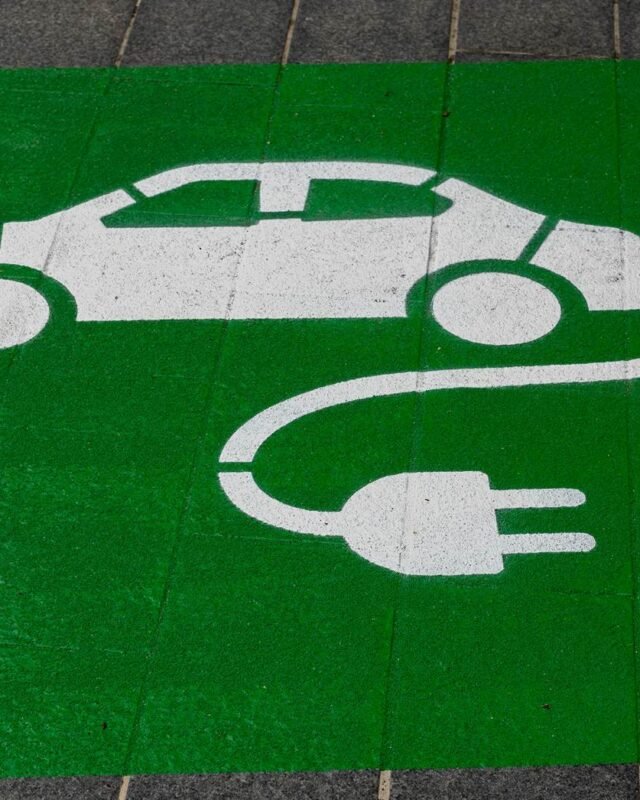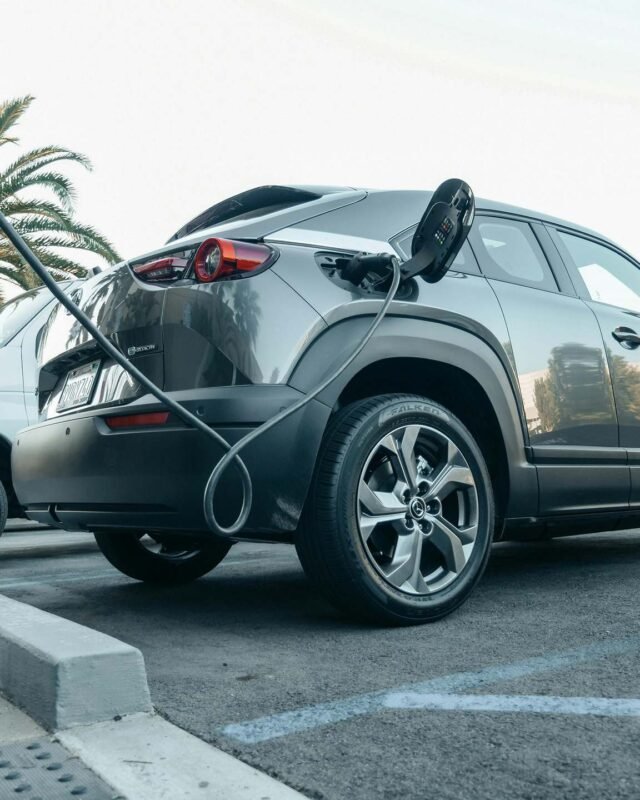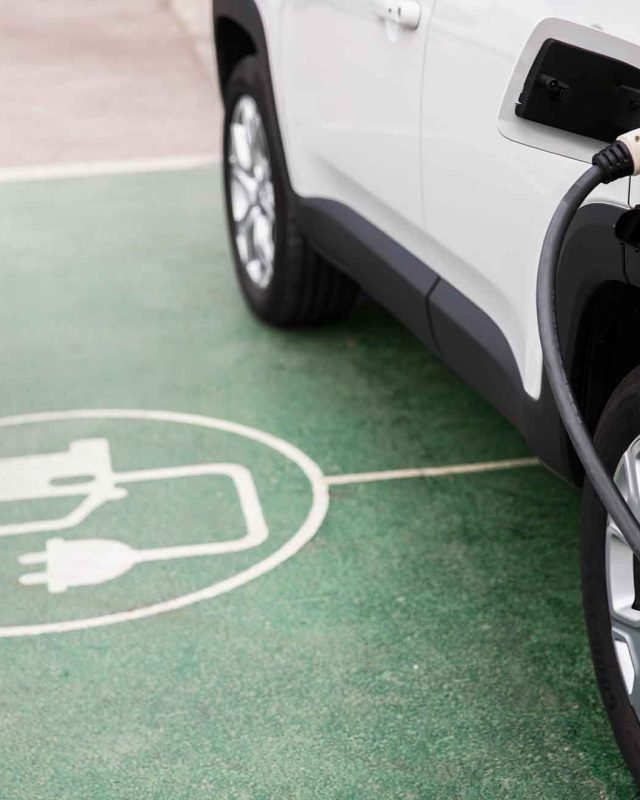Saudi Arabia is at the forefront of redefining the future of mobility within its borders, driven by a commitment to innovation and sustainability. The Kingdom’s ambitious Vision 2030 initiative underscores a pivotal shift towards smart, efficient, and sustainable transportation solutions. These efforts are not only aimed at enhancing the quality of life for its residents but also at positioning Saudi Arabia as a leader in the global mobility landscape. This article explores how smart solutions are shaping the future of transportation in Saudi Arabia, highlighting the transformative impact on Saudi mobility.
The Push for Public Transportation
A key component of Saudi Arabia’s mobility strategy is the development of a robust public transportation network. The Kingdom is investing heavily in metro systems, bus networks, and railway expansions to reduce reliance on private vehicles, thereby decreasing traffic congestion and environmental pollution. For instance, the Riyadh Metro project represents one of the largest public transportation initiatives globally, set to revolutionize urban mobility in the capital. These developments signal a significant shift towards more sustainable and efficient urban transportation systems in Saudi Arabia.
Electrification of Transportation
Electrification is another cornerstone of the Saudi mobility transformation. The Kingdom is actively promoting the adoption of electric vehicles (EVs) through incentives for consumers and investments in EV infrastructure, such as charging stations across major cities. This move not only aligns with global trends towards cleaner energy sources but also supports Saudi Arabia’s goals for reducing its carbon footprint and diversifying its oil-dependent economy.
Smart Technologies and Autonomous Vehicles
Saudi Arabia is embracing smart technologies to usher in a new era of mobility. Autonomous vehicles (AVs), powered by AI and machine learning, are set to play a pivotal role in this transformation. Pilot projects and partnerships with leading tech companies are laying the groundwork for AV deployment, promising to enhance road safety, improve traffic management, and provide innovative transportation solutions. Moreover, the use of drones for logistics and delivery services is being explored, further extending the scope of smart mobility solutions in the Kingdom.
Integrated Mobility Platforms
To streamline transportation services and enhance user experiences, Saudi Arabia is developing integrated mobility platforms. These digital platforms aim to offer seamless access to various transportation modes, enabling users to plan and pay for their journeys through a single interface. By leveraging data analytics and IoT technologies, these platforms will provide real-time information on traffic conditions, public transportation schedules, and availability of shared mobility services, making urban travel more efficient and convenient.
Investing in Sustainable Infrastructure
Central to Saudi Arabia’s mobility vision is the development of sustainable infrastructure that supports the transition to smarter transportation solutions. This includes the creation of pedestrian-friendly spaces, cycling paths, and green urban areas that encourage alternative modes of transportation. The Kingdom is also focusing on the construction of smart roads equipped with sensors and technologies to support autonomous driving and real-time traffic management.
Conclusion
The future of mobility in Saudi Arabia is marked by a profound shift towards smart, sustainable, and efficient transportation solutions. Through significant investments in public transportation, electrification, smart technologies, integrated mobility platforms, and sustainable infrastructure, Saudi Arabia is not only enhancing the mobility landscape within the Kingdom but also setting a benchmark for innovative transportation globally. As these initiatives continue to unfold, Saudi mobility is poised to transform the everyday lives of its residents, drive economic growth, and contribute to a more sustainable and connected world.




